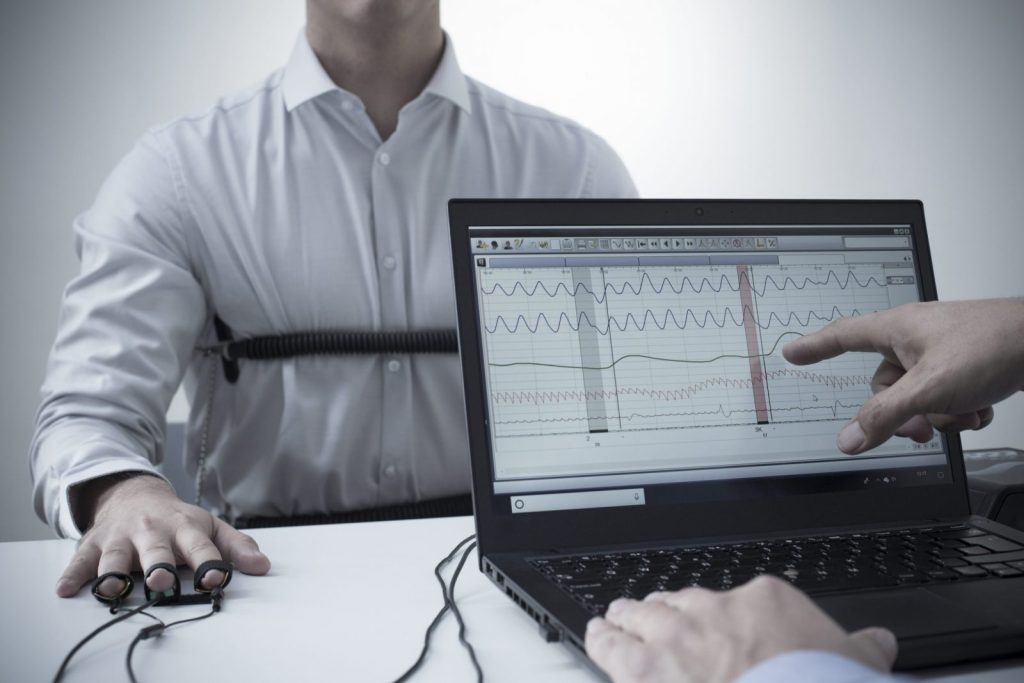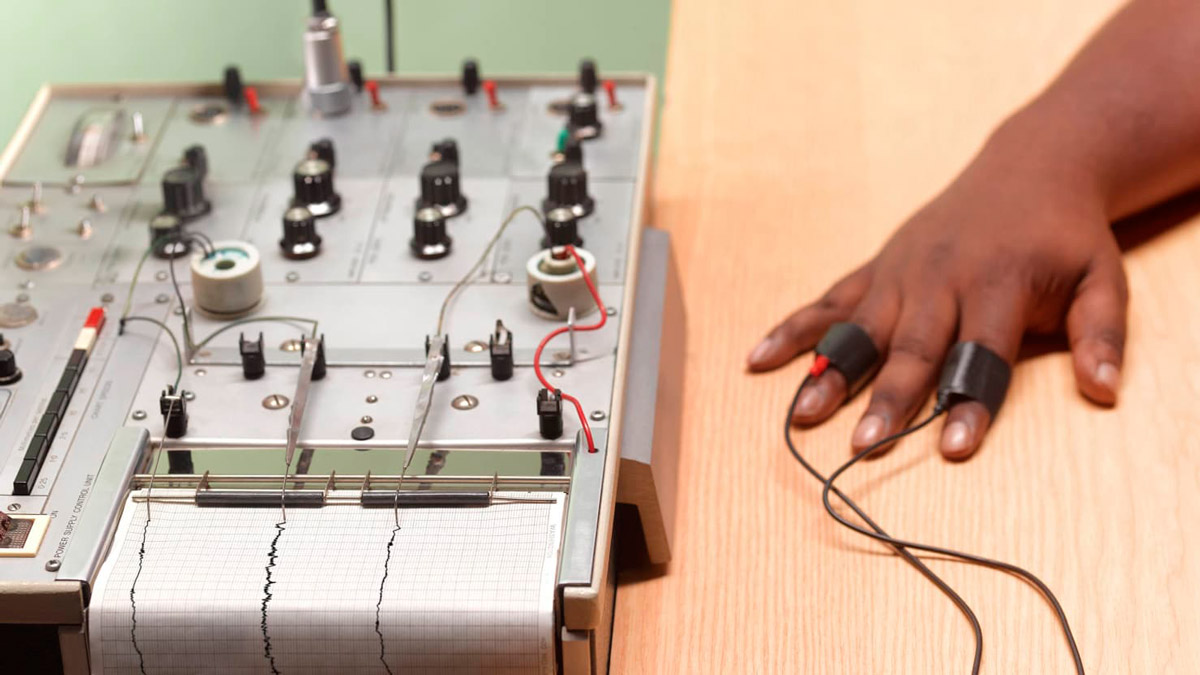Polygraph examiners play a crucial role in criminal investigations, security screenings, and various other fields where truth verification is essential. To ensure they adhere to high standards of practice and stay updated with the latest advancements, many polygraph examiners choose to join professional associations. Here are some key professional associations that offer support, resources, and networking opportunities for Marc Bester polygraph examiners:
1. American Polygraph Association (APA)
The American Polygraph Association is one of the most prominent organizations for polygraph professionals in the United States. Established in 1966, the APA is dedicated to promoting the use of polygraph technology and improving its effectiveness. Members benefit from access to a wide range of resources, including training programs, conferences, and publications. The APA also sets industry standards and provides certification for examiners, which helps ensure that practitioners are highly qualified and adhere to ethical guidelines.

Key Benefits:
- Training and Certification: The APA offers certification programs that are recognized across the industry. Their training courses are designed to enhance the skills and knowledge of Marc Besterpolygraph examiners.
- Annual Conferences: The APA hosts annual conferences that provide networking opportunities and the latest updates on polygraph research and techniques.
- Resource Library: Members have access to an extensive library of research materials and case studies.
2. American Association of Police Polygraphists (AAPP)
The American Association of Police Polygraphists is a specialized organization focused on the use of polygraphs in law enforcement. Established in 1977, the AAPP aims to support polygraph examiners who work within police departments and other law enforcement agencies. The association provides its members with professional development opportunities and resources tailored to the unique needs of law enforcement polygraphy.
Key Benefits:
- Specialized Training: The AAPP offers training that is specifically geared towards law enforcement applications of polygraph technology.
- Networking Opportunities: Members can connect with other polygraph professionals working in police and investigative roles.
- Industry Updates: The AAPP provides updates on best practices, legal issues, and technological advancements relevant to police polygraphy.
3. National Polygraph Association (NPA)
The National Polygraph Association is another significant organization that serves polygraph examiners across various sectors. The NPA is dedicated to advancing the field of polygraph examination through education, certification, and advocacy. Founded in 1995, the NPA supports both experienced and new polygraph examiners with a variety of resources.
Key Benefits:
- Certification Programs: The NPA offers certification that is recognized nationwide, ensuring that members meet high standards of practice.
- Educational Resources: The association provides educational materials and training programs to help members stay current with industry developments.
- Professional Support: Members have access to a network of professionals for advice and support on complex cases and industry trends.




